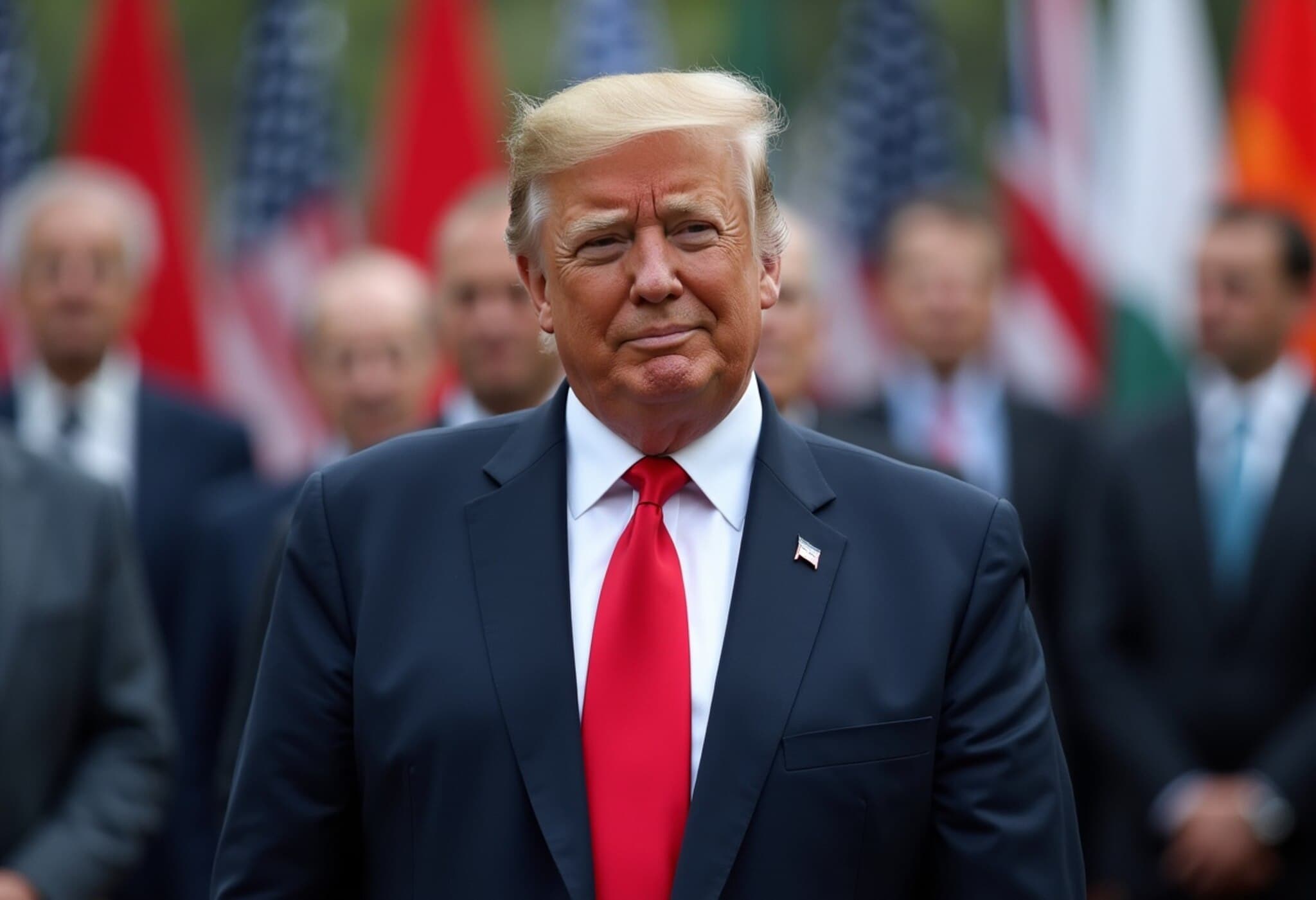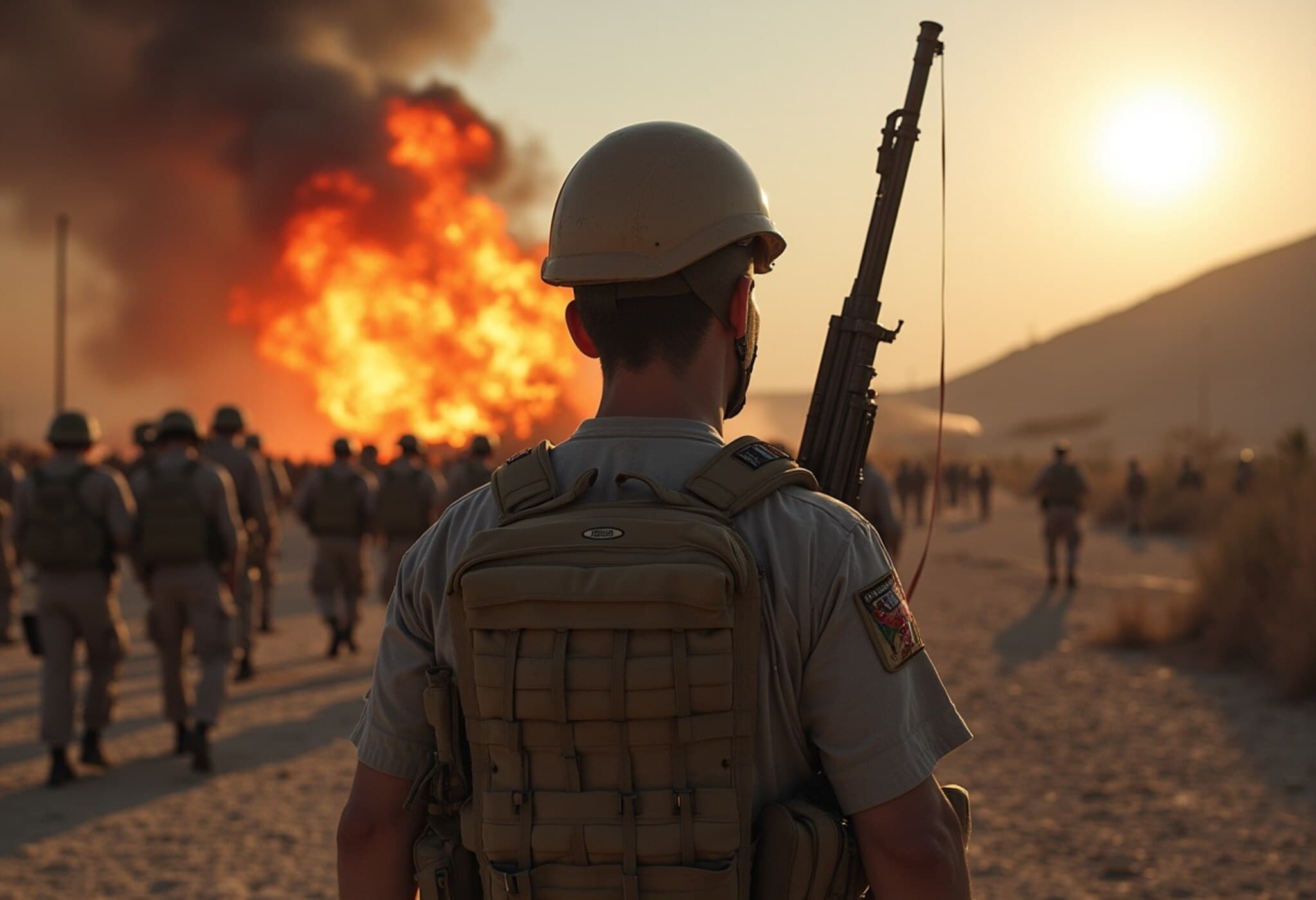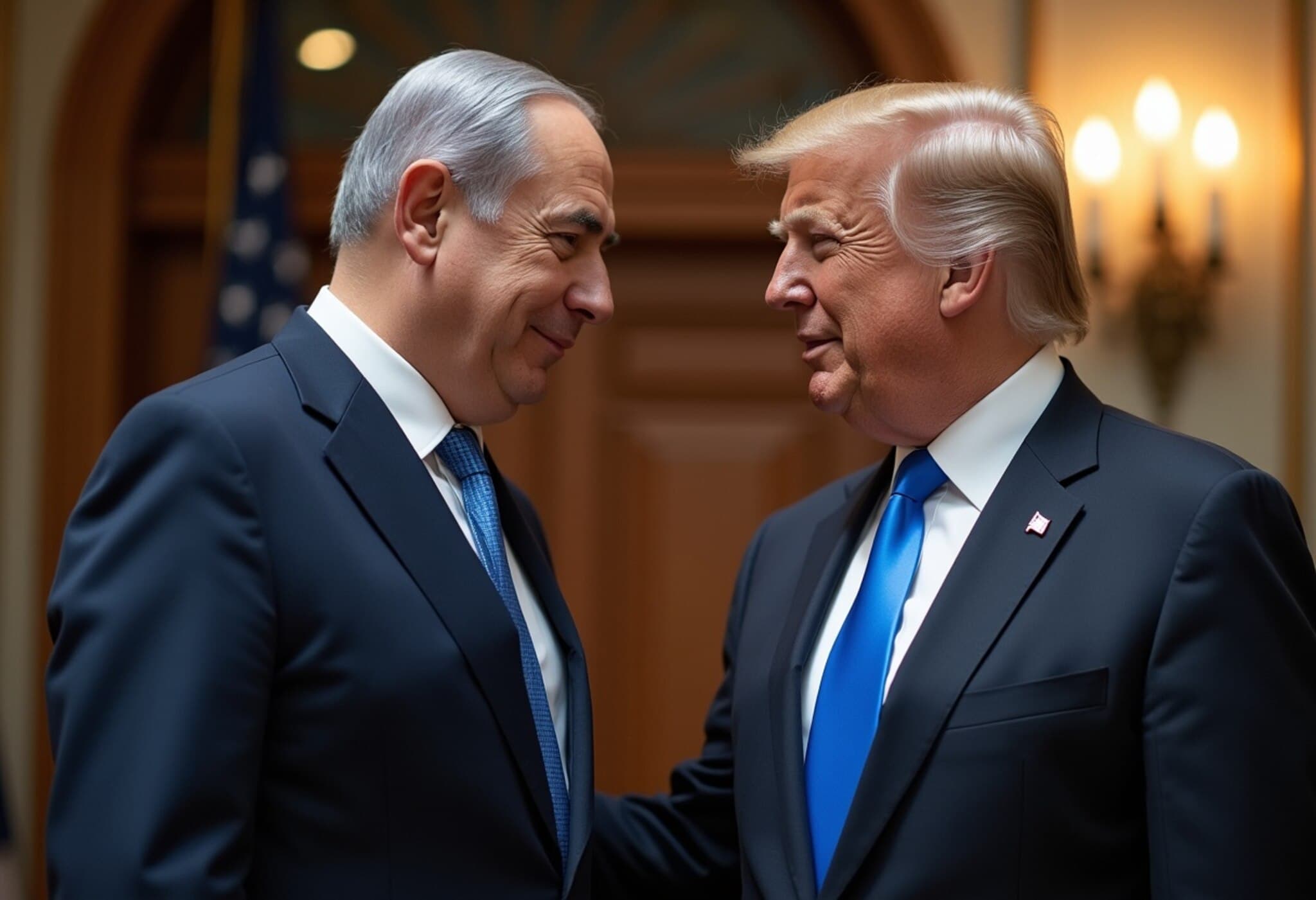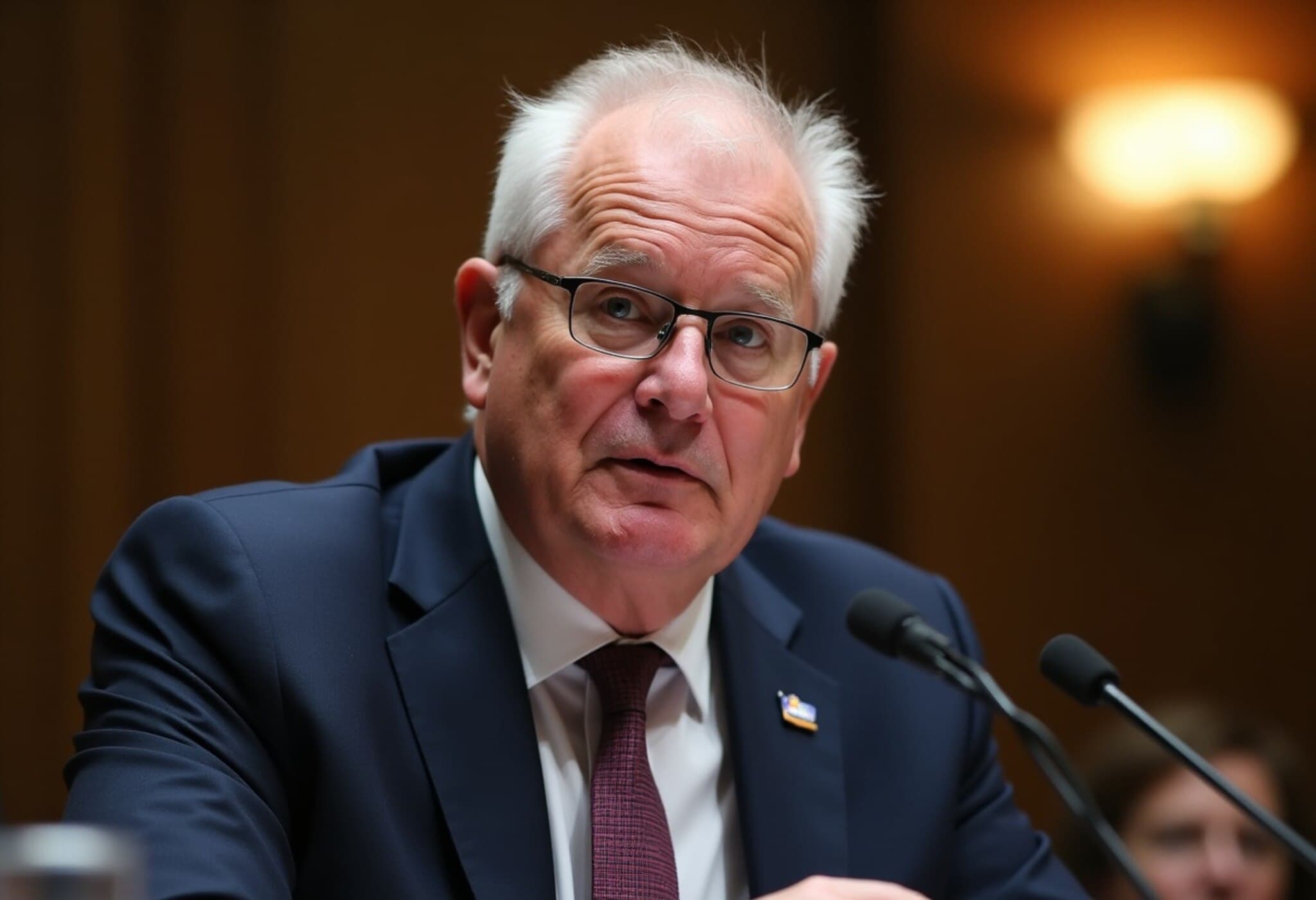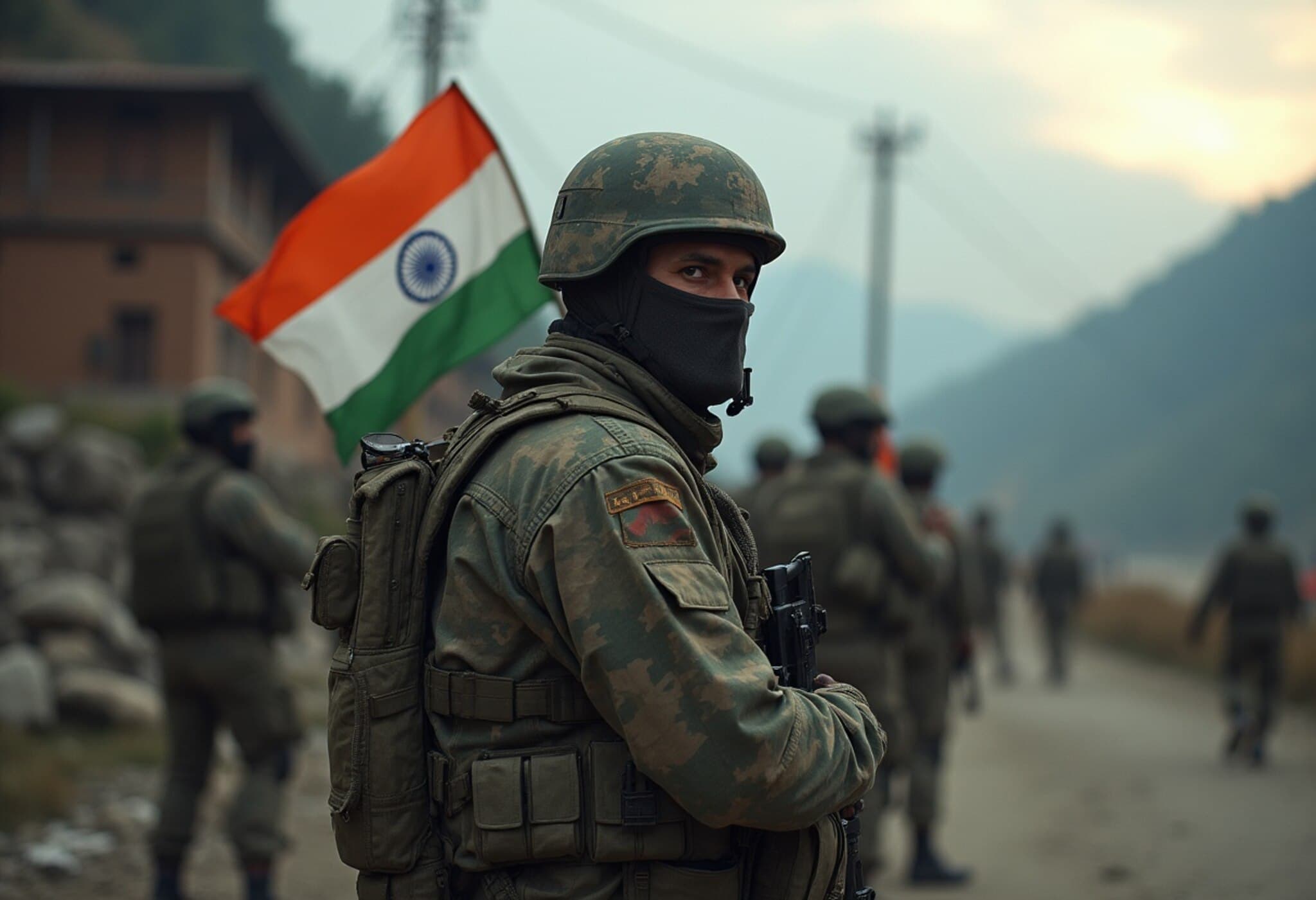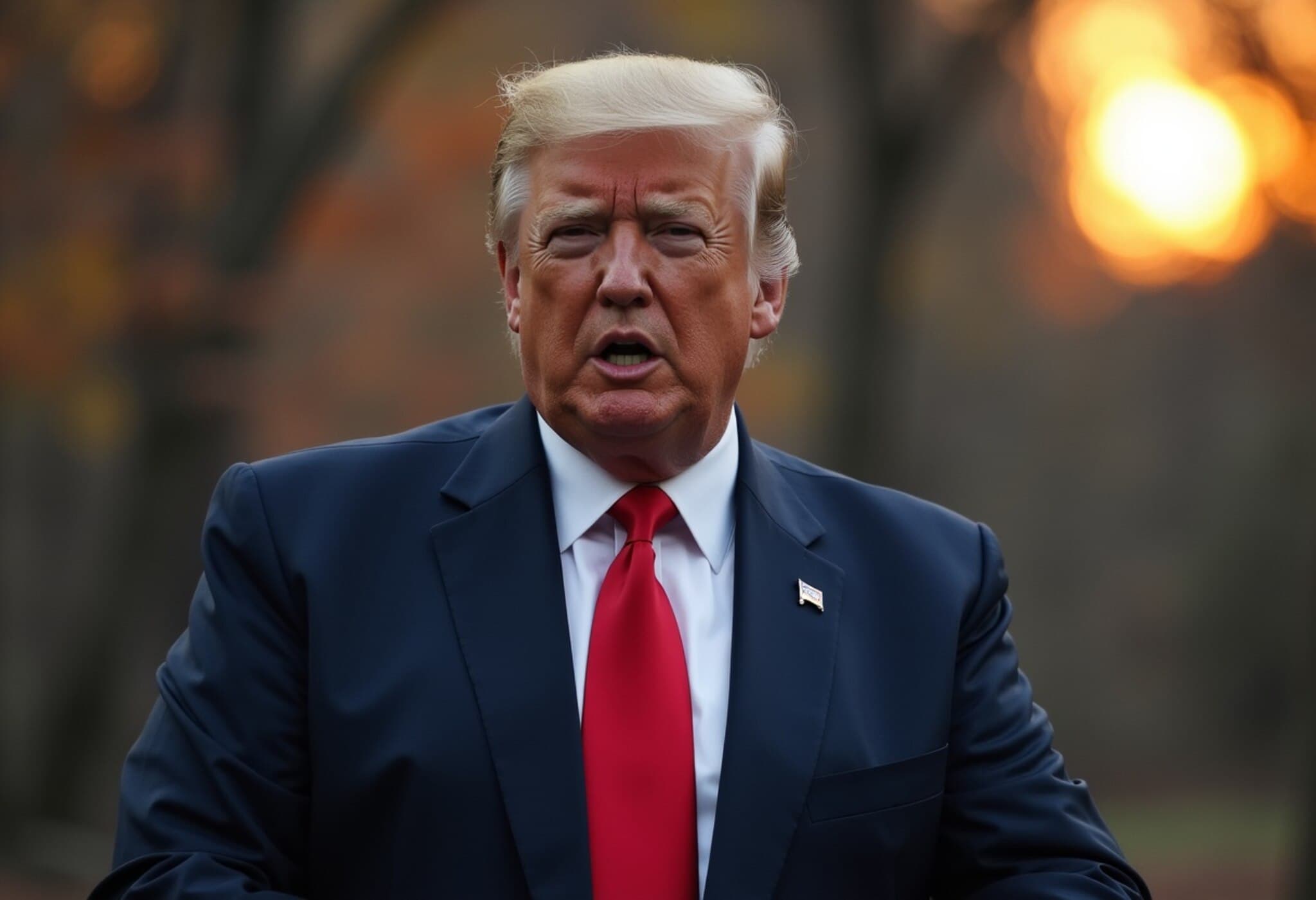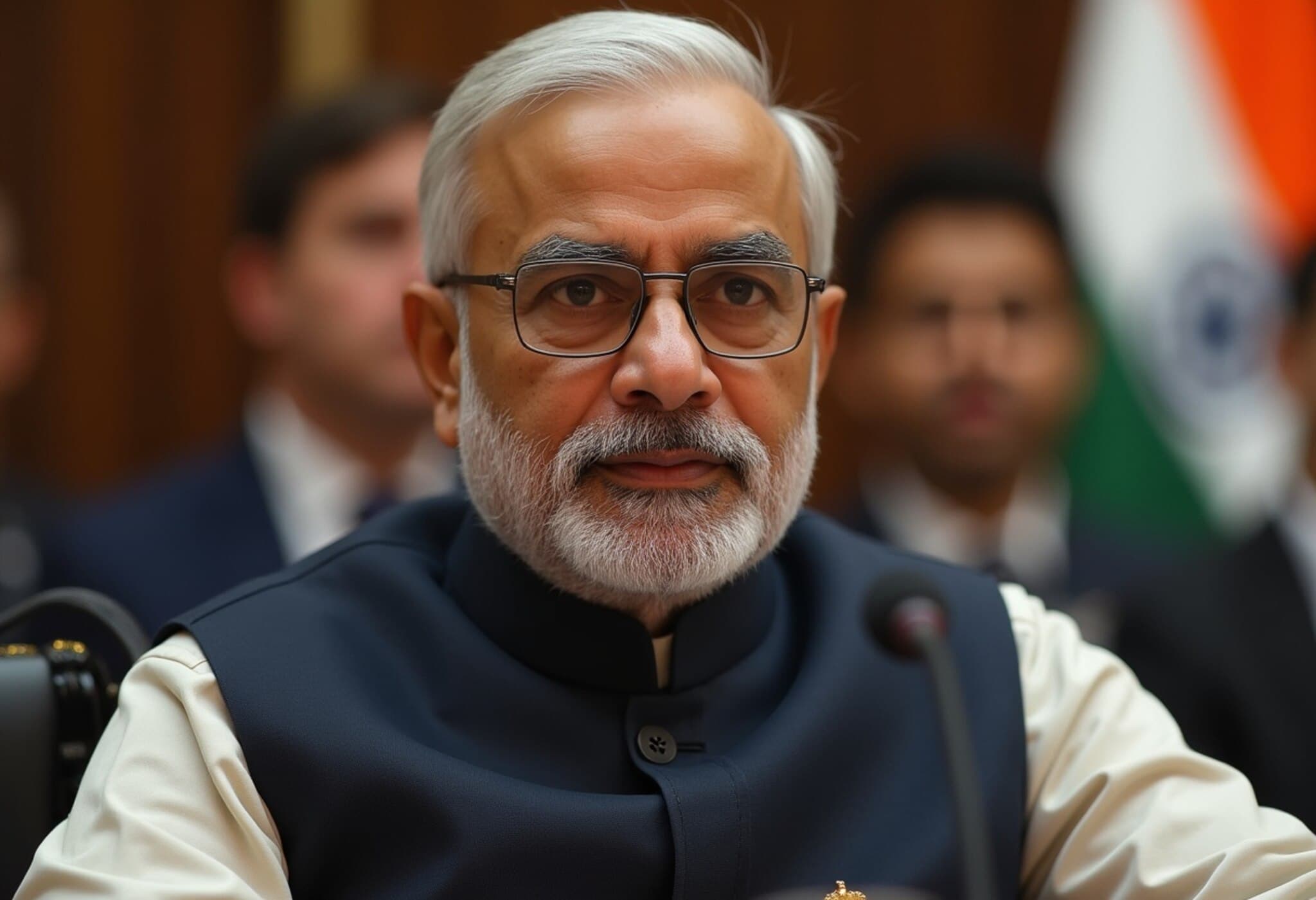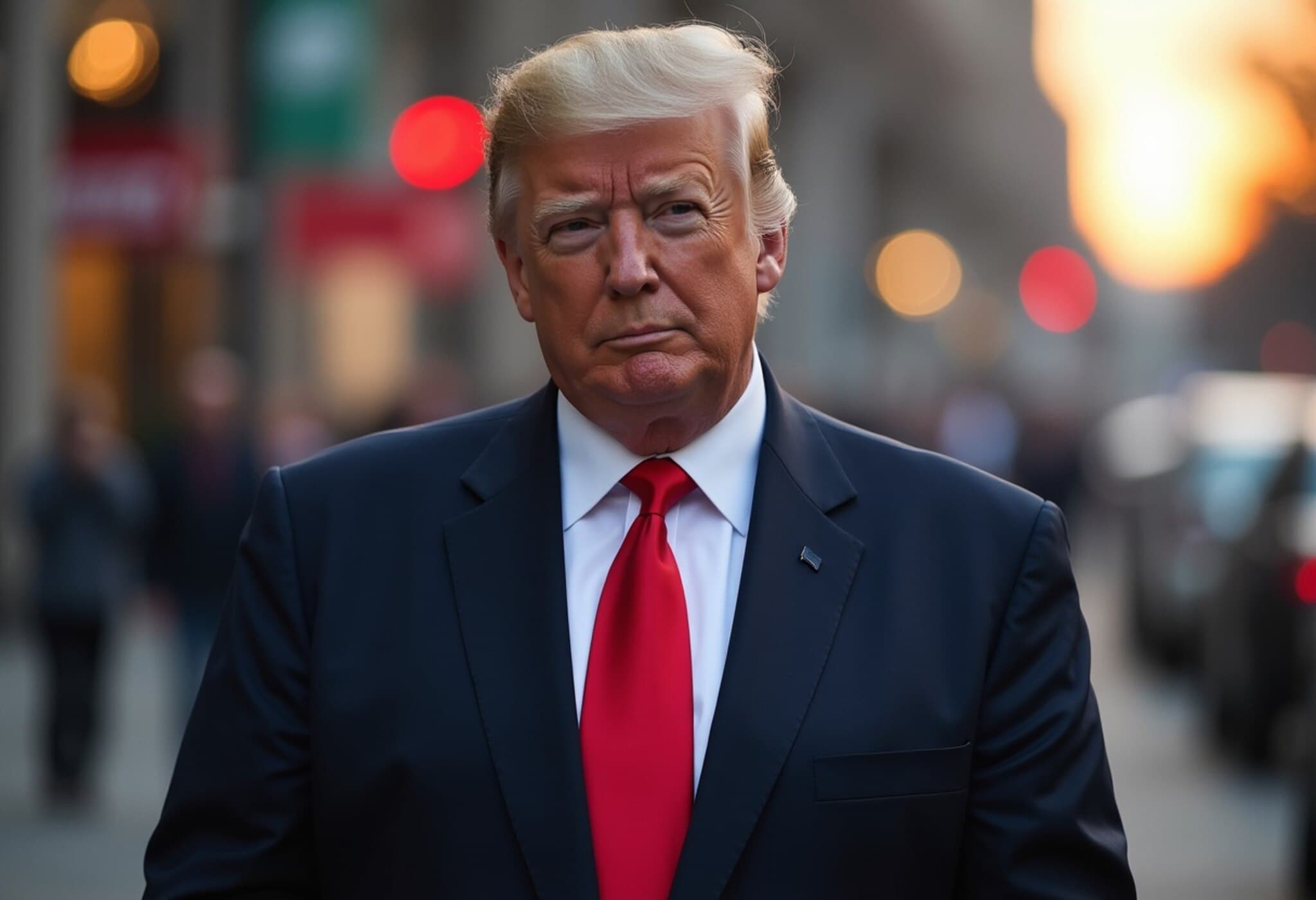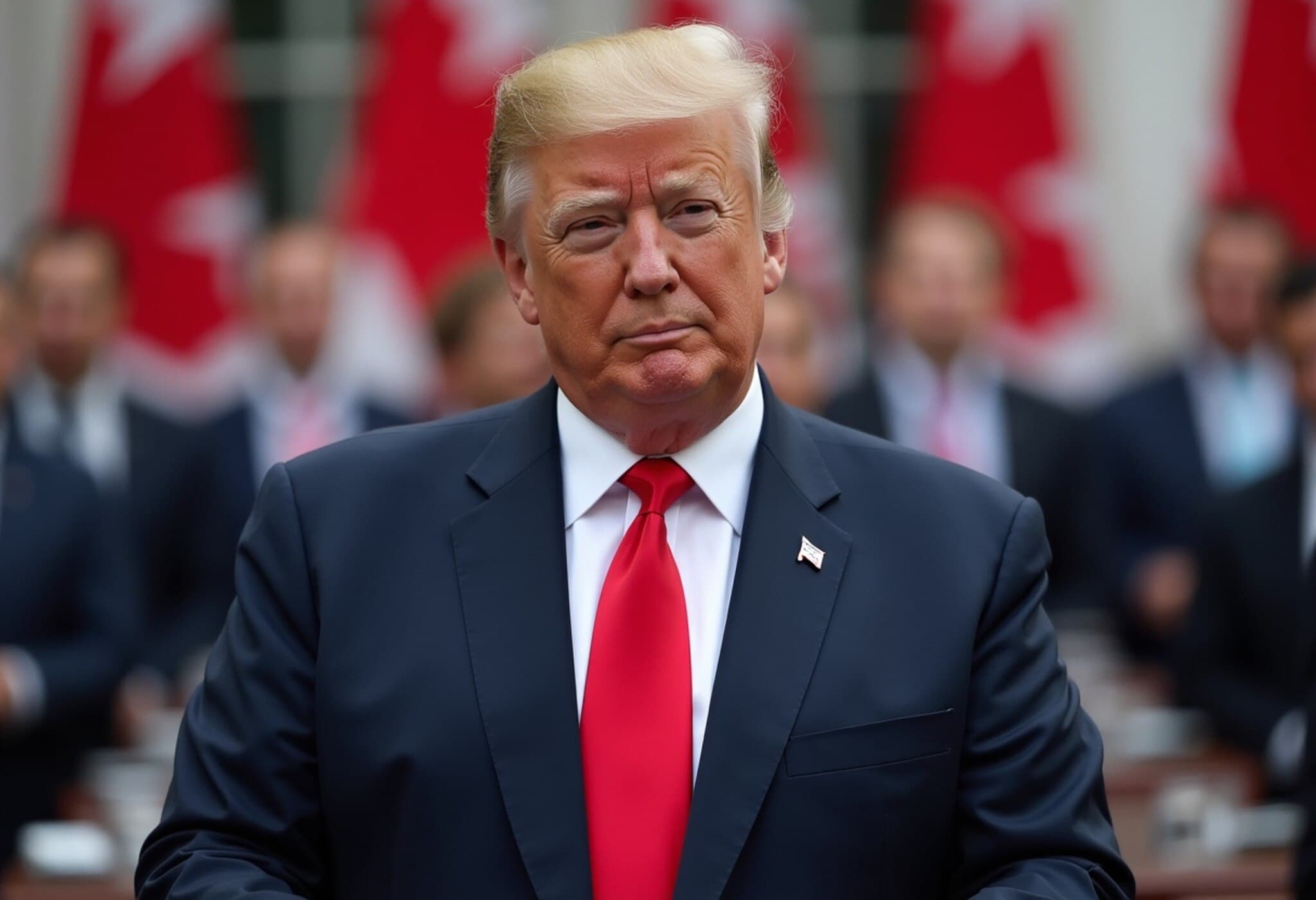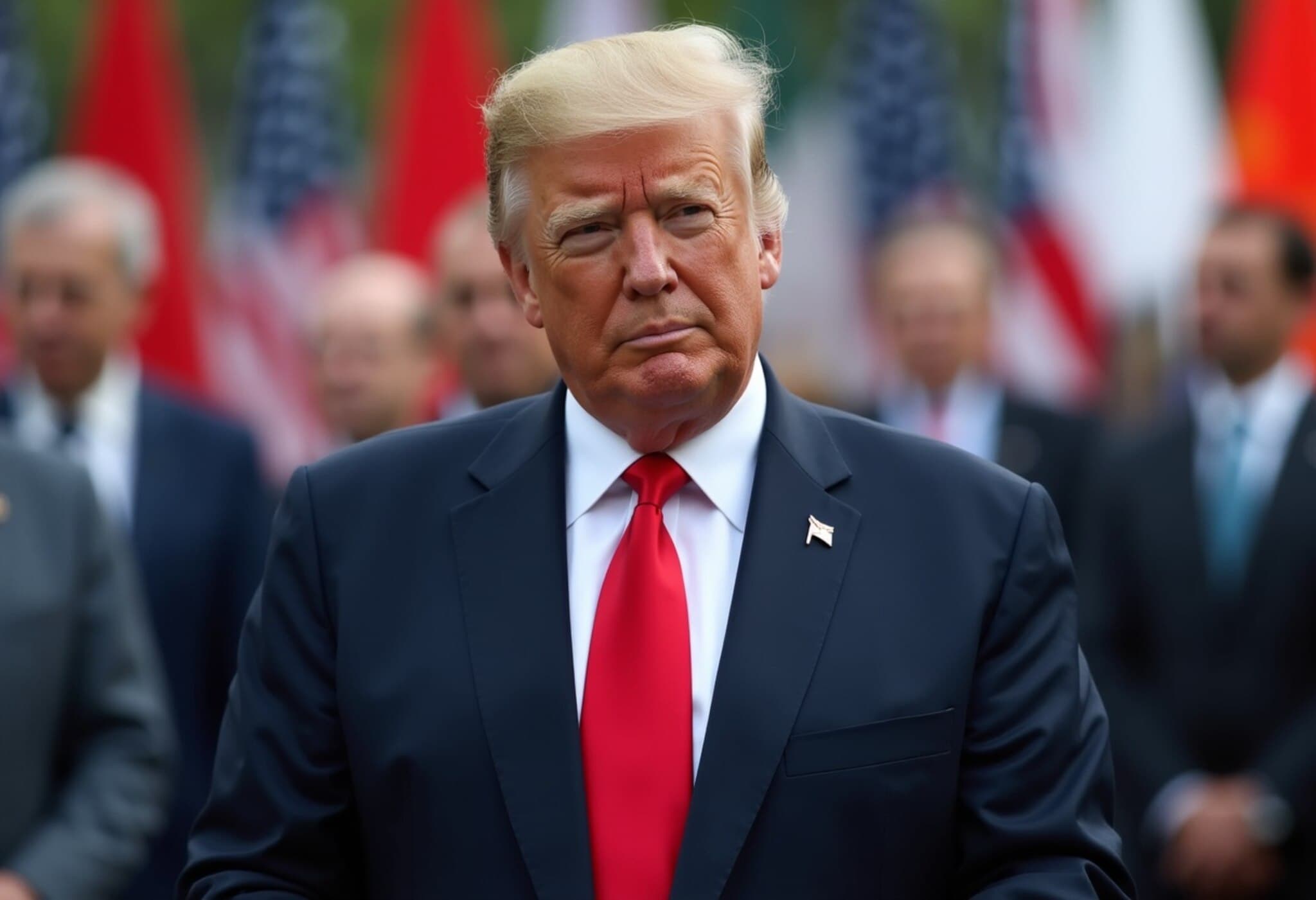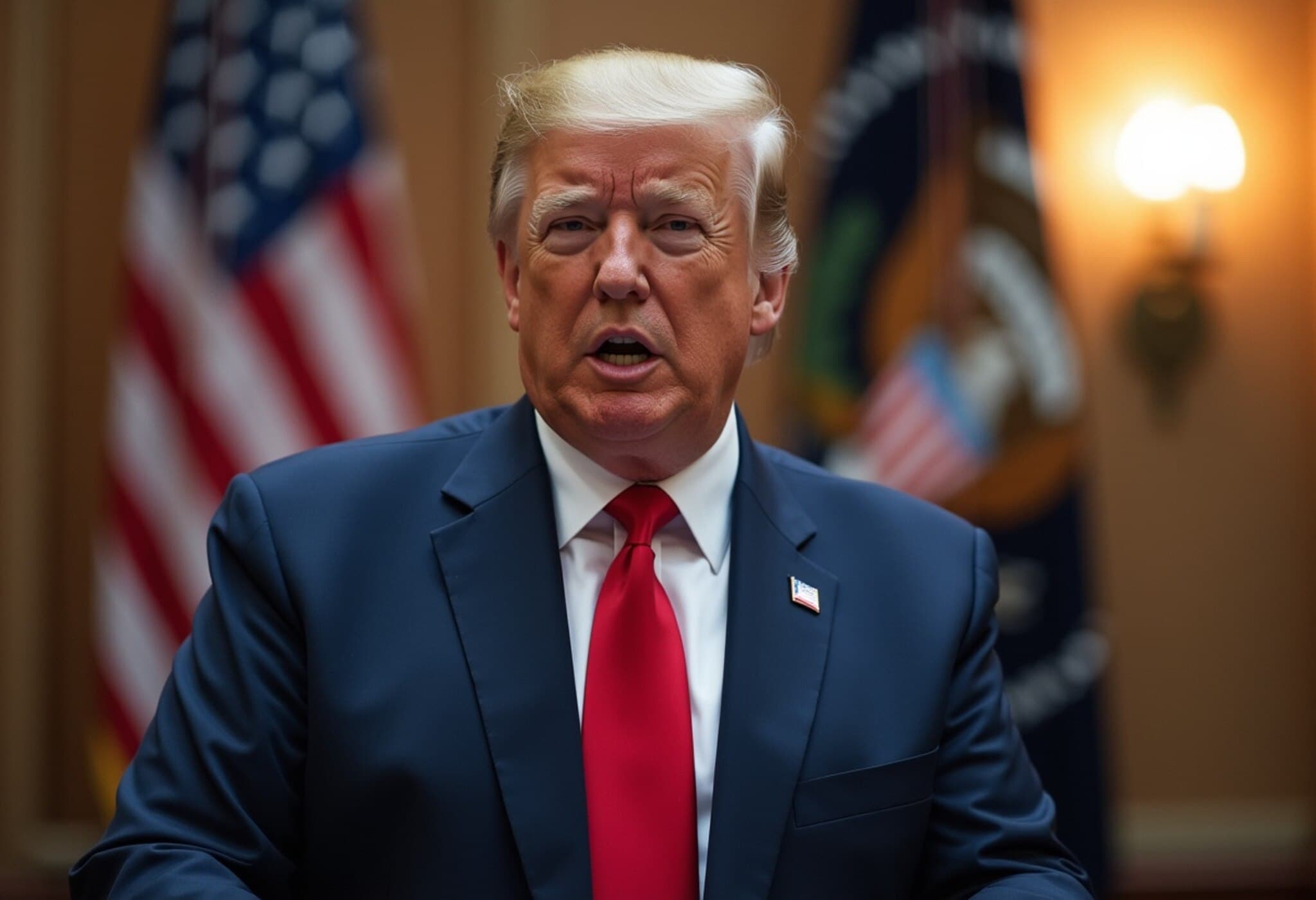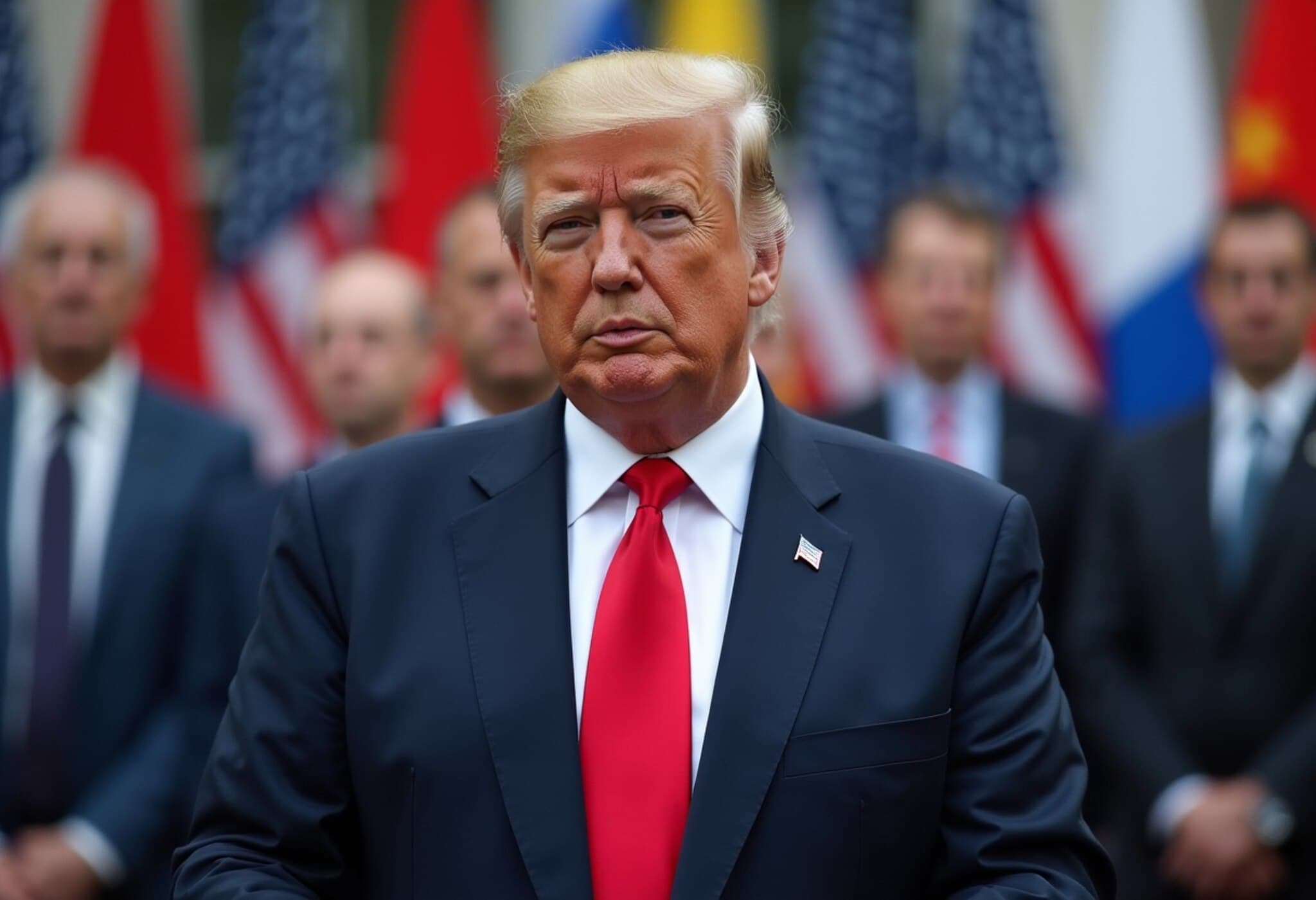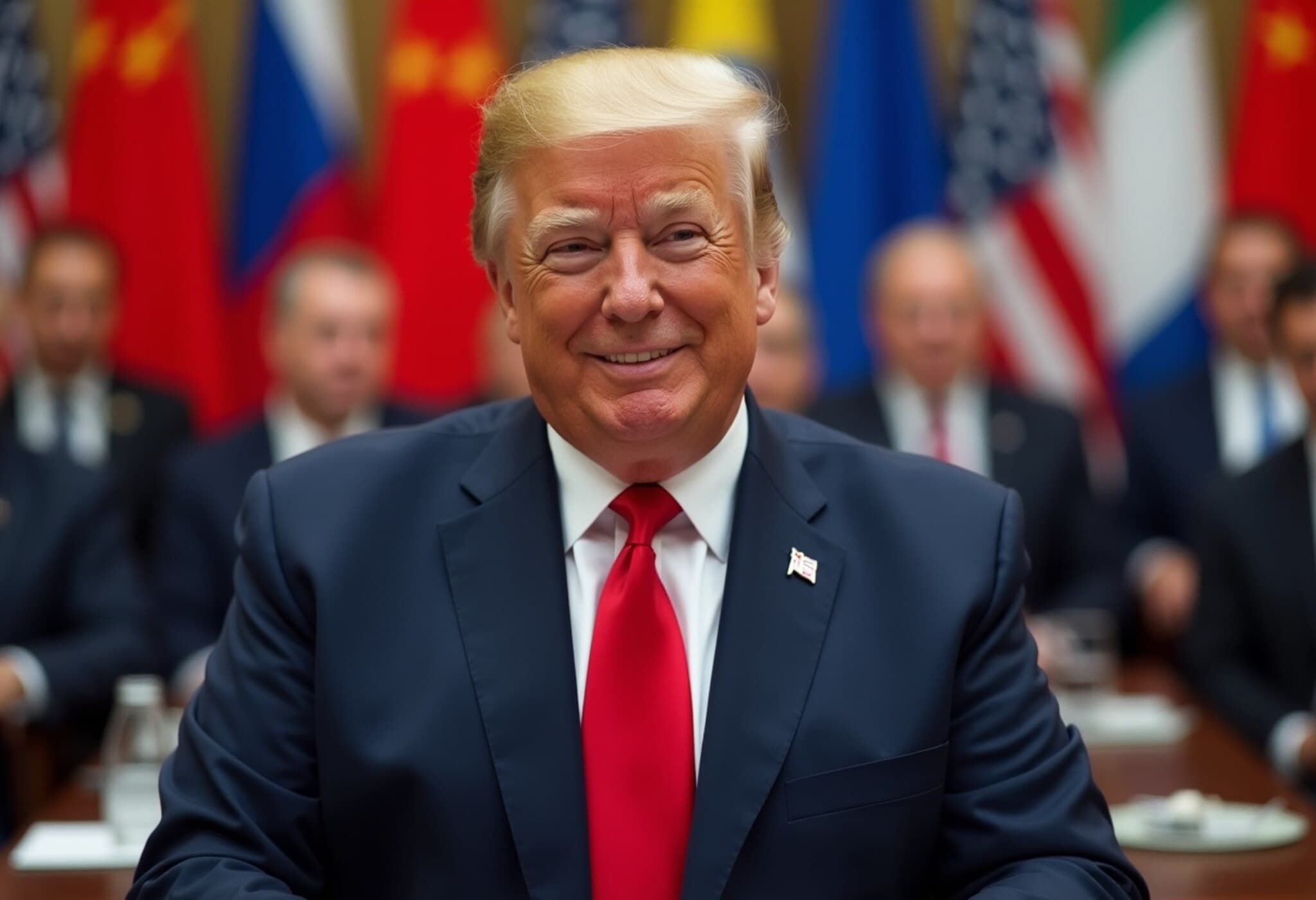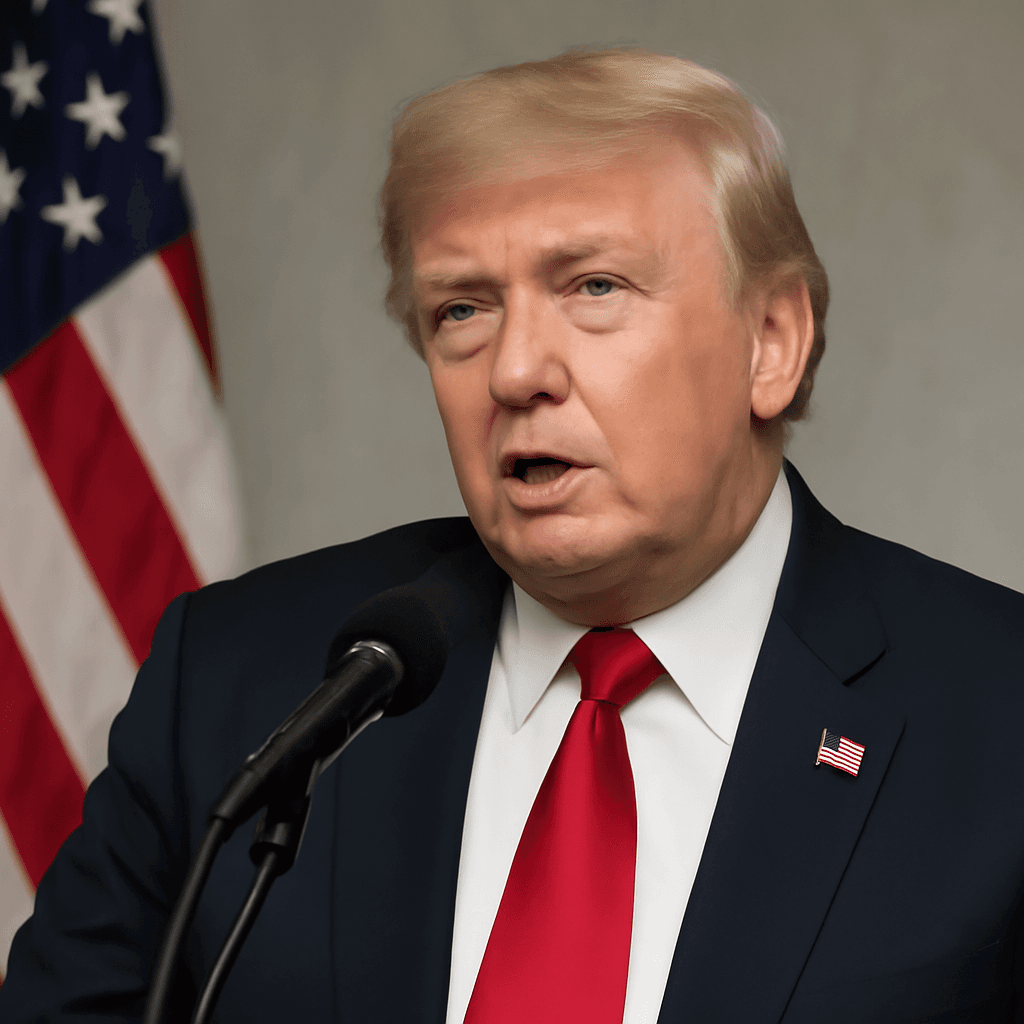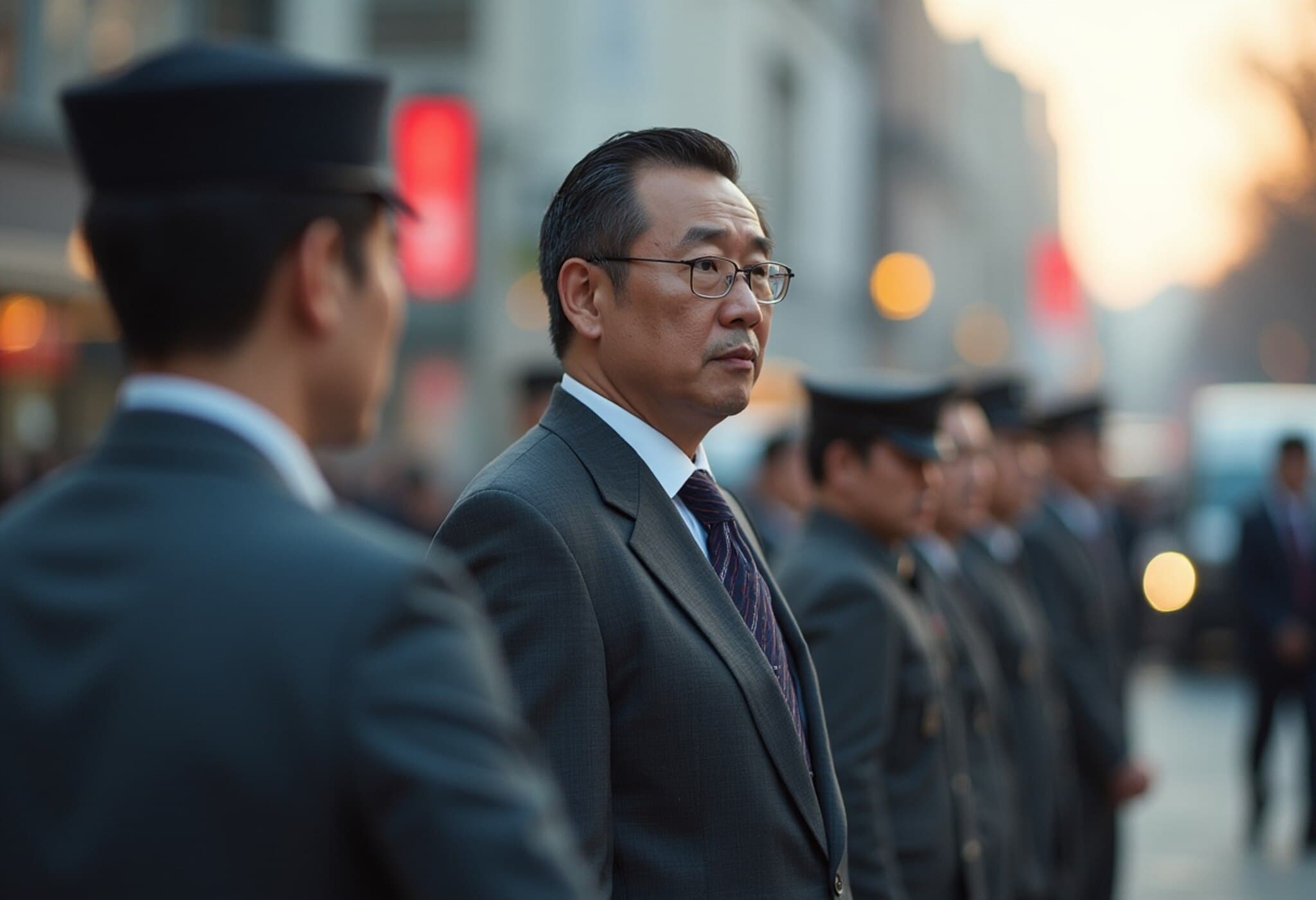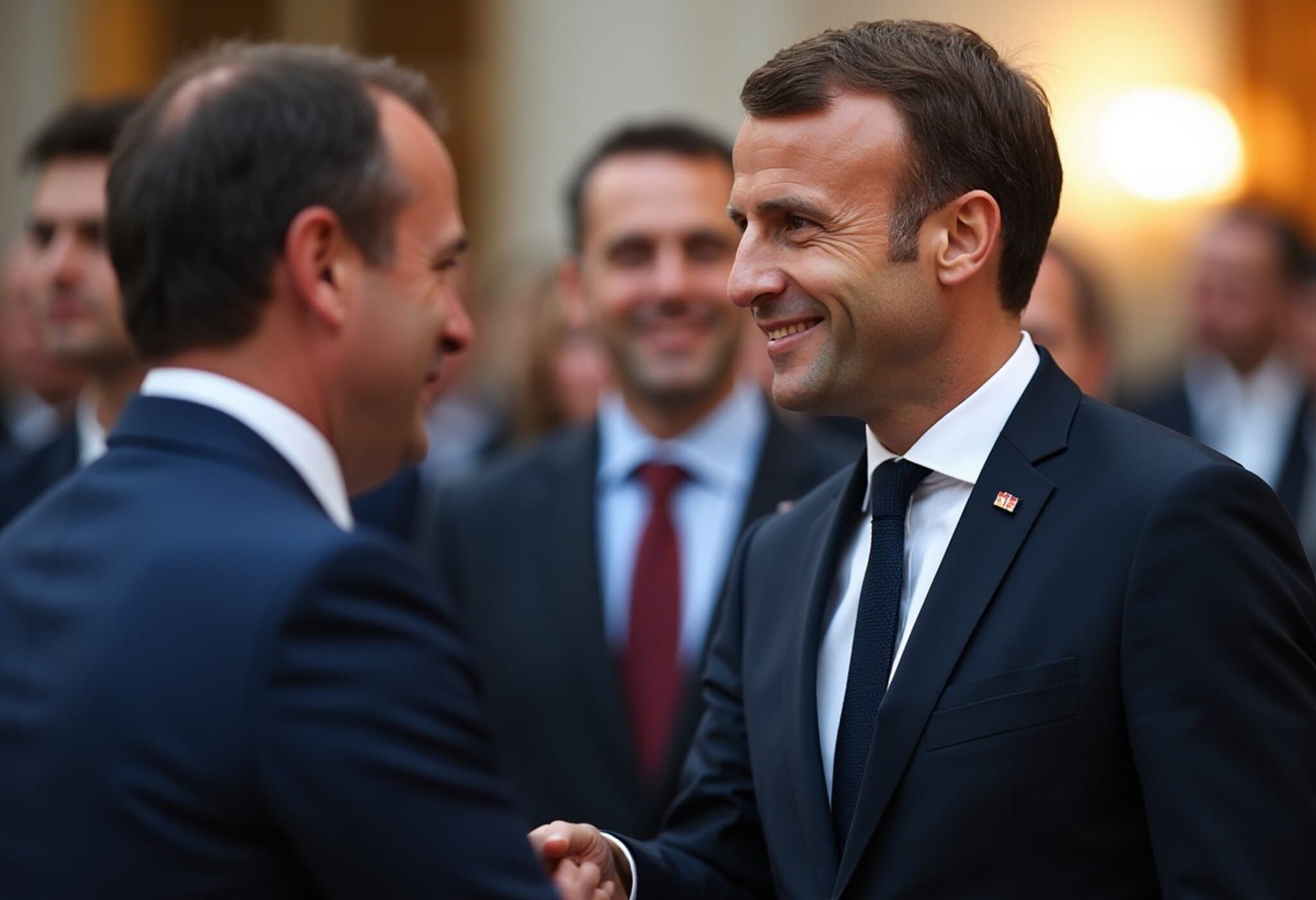Trump Departs G7 Summit Early Due to Middle East Crisis
U.S. President Donald Trump has decided to leave the Group of Seven summit in Canada a day ahead of schedule, citing urgent developments in the Middle East. The White House confirmed that Trump would return to Washington on Monday night to address these pressing issues.
Fractured Unity Within the G7
The G7 gathering, hosted in the scenic Kananaskis region of the Canadian Rockies, struggled to find common ground on the ongoing crises in Ukraine and the escalating Israel-Iran tensions. Trump's stance has sparked controversy, as he openly expressed support for Russian President Vladimir Putin and imposed tariffs affecting many traditional allies.
Adding to the complexity, Trump criticized the 2014 decision to exclude Russia from what was then the Group of Eight following Moscow's annexation of Crimea. He suggested this move provoked Russia's invasion of Ukraine in 2022, stating, "It was a big mistake." Trump's unique rapport with Putin, contrasted with his skepticism towards other leaders, has raised concerns about the alliance's cohesion.
Diplomatic Challenges Ahead
European powers have pushed for tougher sanctions against Moscow, hoping to garner Trump's support during Ukrainian President Volodymyr Zelenskiy's scheduled meetings with G7 leaders and NATO officials. Zelenskiy intends to discuss new military aid, but Trump's wavering stance complicates these efforts.
The lack of consensus was further highlighted when the United States declined to endorse a draft joint statement aimed at easing tensions between Israel and Iran. Canada, wary of a repeat of the 2018 summit's breakdown over final communiques, has refrained from pushing for a broad consensus this year.
Trade Deals and Economic Talks
On the economic front, Trump and British Prime Minister Keir Starmer announced a finalized trade agreement intended to lower U.S. tariffs, marking the first such deal between the two nations. Meanwhile, talks with Canada hinted at a possible economic and security pact within the next 30 days, although disagreements persist over tariffs.
"Our position is that we should have no tariffs on Canadian exports to the United States," Canadian Ambassador Kirsten Hillman emphasized.
Expanding the Dialogue Beyond G7
In recognition of the global stakes, non-G7 nations including Mexico, India, Australia, South Africa, South Korea, Brazil, and Ukraine were invited to the discussions. This broader engagement reflects the summit’s effort to address global challenges collaboratively.
The Road Ahead
President Trump's early departure underscores the unpredictability of global diplomacy amidst volatile geopolitical flashpoints. With looming crises in the Middle East and ongoing conflicts in Ukraine, the world watches closely as alliances and policies evolve.

